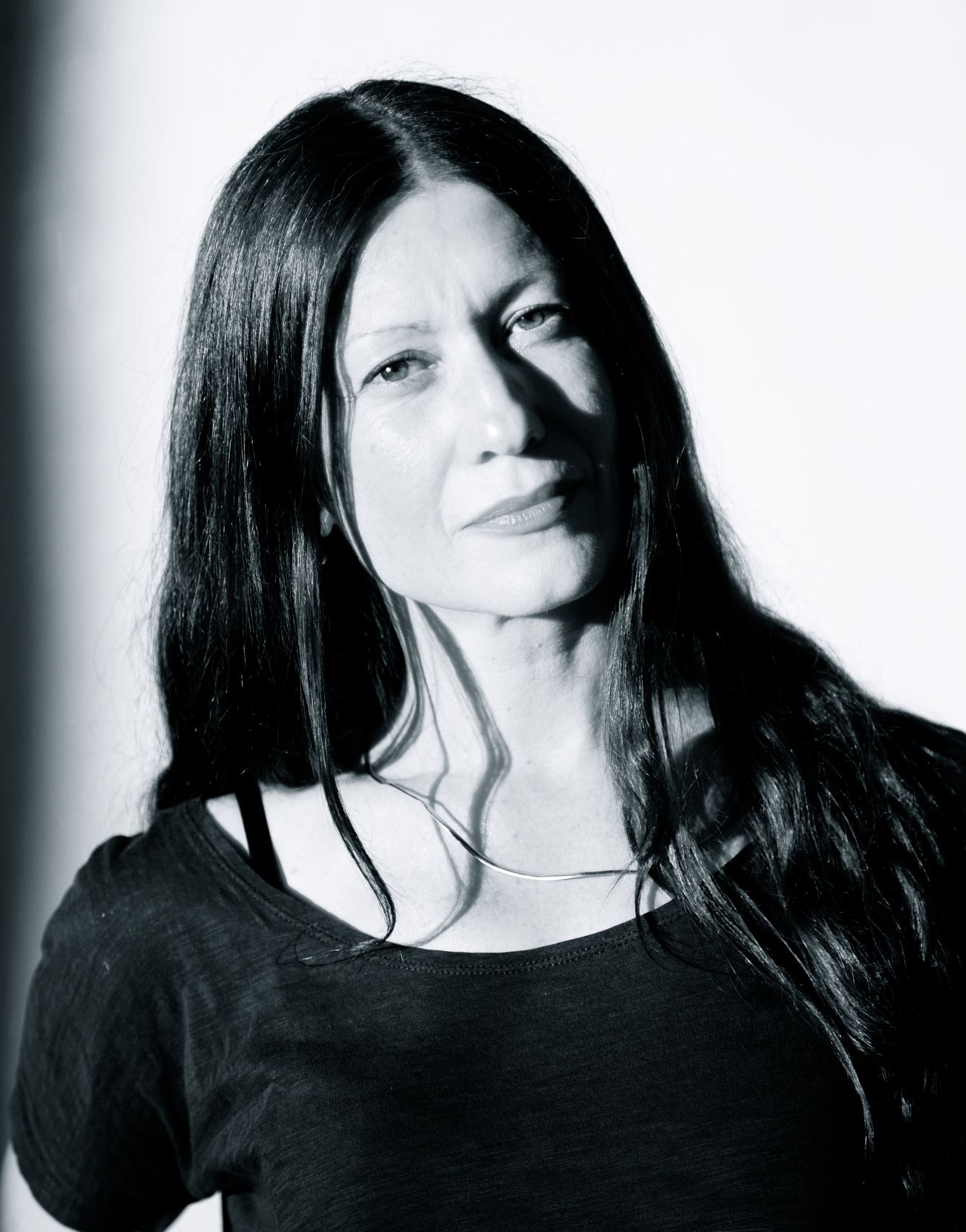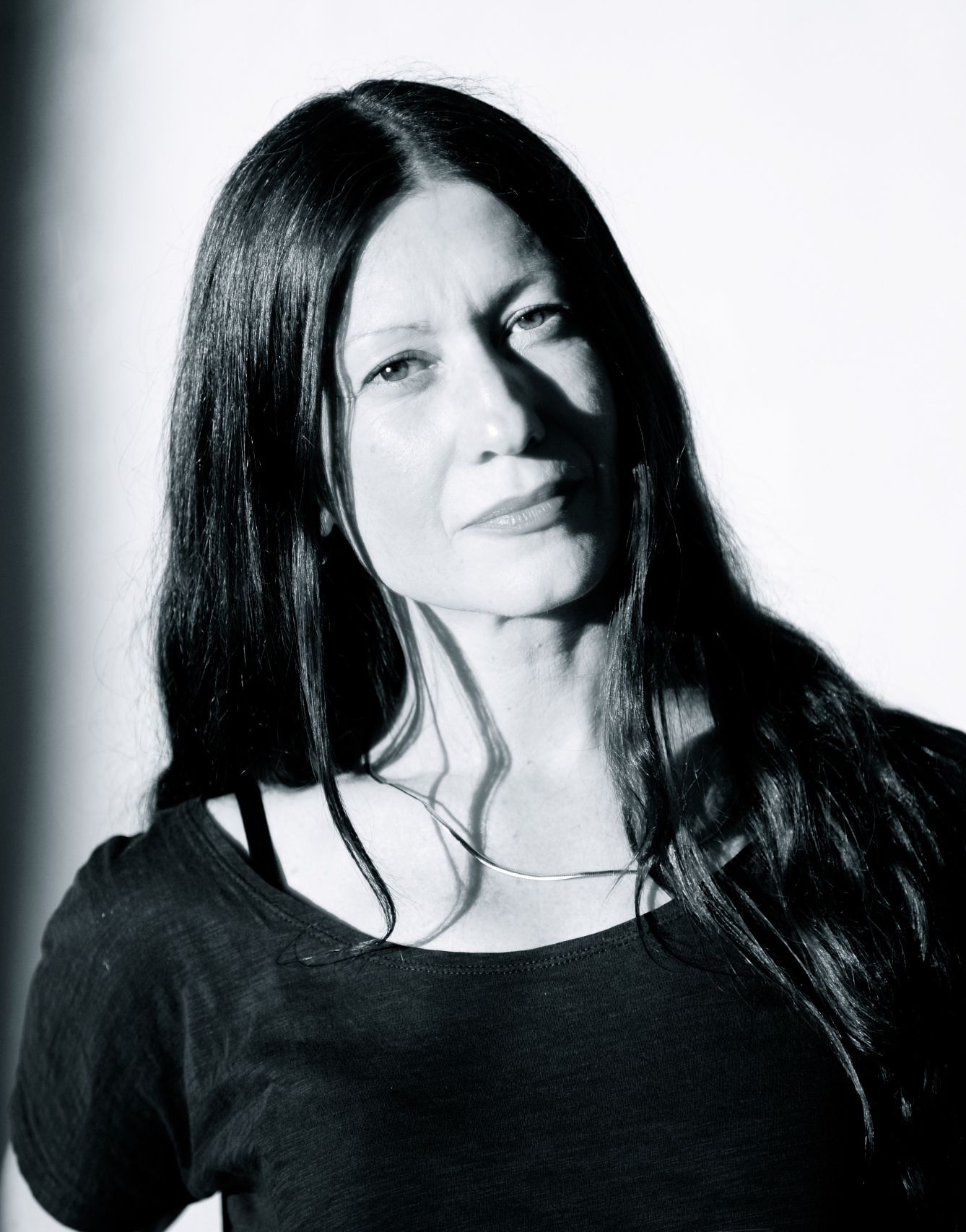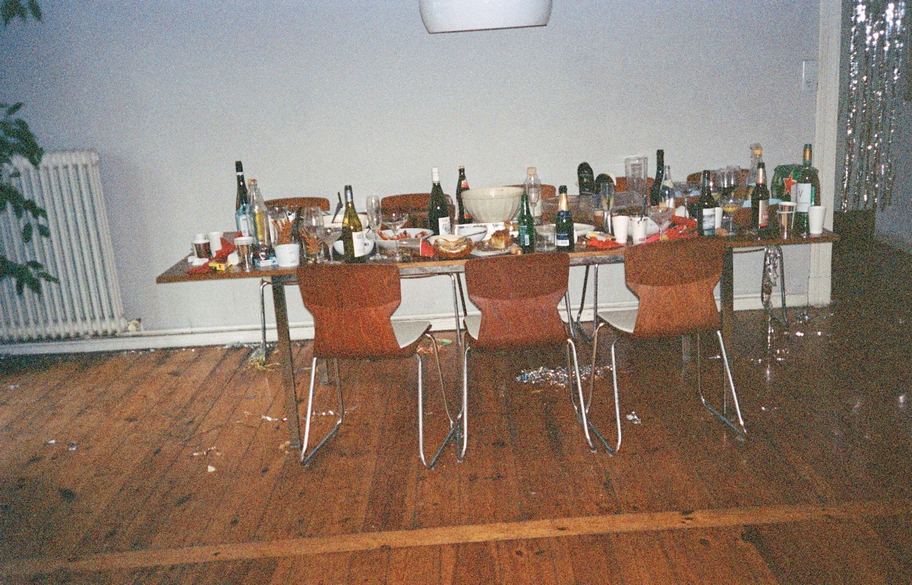Croatia, Literature, 2016
Ivana
Sajko

Ivana Sajko is considered one of the leading voices of the Southern Eastern European theater scene and has long been an important guest at international theater festivals. Born in Zagreb in 1975, she studied dramaturgy at the Academy of Dramatic Arts in Zagreb, earning her master’s degree from the Faculty of Humanities and Social Sciences, University of Zagreb.
Thereafter, she worked to renew and further develop contemporary theater in her role as co-founder of the performance collective BadCompany based in Zagreb, where she served as dramaturg and director from 2000 to 2005. Beginning in 2005, she chose to only stage her own award-winning dramas. Since then, in her hybrid stagings she has explored the relationship between dramatic text and its execution on stage; she probes the possibilities of art and its ability to develop an adequate contemporary aesthetic of resistance that ventures into the space of reality, and into the body of reality, into the body of every individual. In other words: How can we break through the membrane that envelops theater, in order to create an individual act of agency from the conventional act of speaking, an act of agency that moves others, both on a physical and personal level? What does it mean to say “I” in this kind of theater, to stake out a position of one’s own? To abandon the prescribed role and allow yourself to embrace real interaction, instead of focusing on results? Ivana Sajko addresses the issue of representation in theater with the help of the text itself, that is, by making the boundaries of language the subject of her texts. Thus, her dramas offer resistance to the very practices they are subjected to.
Since 2001, the international rights to her plays have been owned by the German publishing house Verlag der Autoren. German translations of three of Ivana Sajko’s plays were published in 2008. Overlapping of time and space could be considered the defining characteristic of all three of her monologues, which question the relationship between politics and aesthetics from a consciously female perspective. In “Archetype: Medea,” the character Medea is shifted to the present in front of the backdrop of political events. “Woman-Bomb” mixes the final thoughts of a female suicide bomber with factual material, thereby transgressing traditional generic borders; at the same time, it raises the perennial question about individual responsibility in light of Europe’s loaded history. “Europa – Monologue for Mother Courage and Her Children” was also inspired by myth: The author voices criticism of the modern confederation of states – which once again is now closing its borders to strangers – with the help of an allusion to the ancient figure Europa who, on the back of a steer, once bestrode the continent that would later bear her name. Ivana Sajko’s works – at once epic and lyric, discursive and anarchic, abstract and fantastic – resemble artistic interventions. She understands theater itself not so much as an act of one-sided consumption, but as an instrument of and medium for practical enlightenment; or, in other words, as a public space that invites spectators to interact together, to act, and, in so doing, to test out a form of ideal democratic procedures. Ivana Sajko – who sees her post-dramatic theatrical “decompositions” as heirs to Gertrude Stein and Robert Wilson – eschews a mimetic approach, opting instead to use language as a kind of machine: as in a generator, she mixes the material of language with other arts, such as music and film, thereby creating dramatic tension not just through plot and text, but through sound, rhythm, meter, repetition, and disruption. These are also the raw ingredients of her first novel Rio Bar. Decorated with the French Chevalier Medal of Arts and Letters since 2013, she was honored with the Ivan Goran Kovačić Prize for best debut novel in 2006. In the novel, a woman suffering from the traumas of war sits in the eponymous Rio Bar in Rovinij in 2005 while she attempts to write the text “Eight Monologues about the War for Eight Actresses wearing Bridal Gowns.” As the reader may guess, the central character is in fact one of these eight women: Ten years earlier, her wedding reception had been cut short by war when her groom was called up to the army. She loses her mind and, while stuck in a bunker, sews together bandages from the scraps of her destroyed wedding dress. The atmospheric density of the text oscillates with its visual, almost corporeal, language, between genres, jumping from monologue to novel and, like in a fiddly game, continually changing the voices. As the voices become entangled within each other beyond the point of recognition, the reader is never sure who is speaking. At the same time, the act of speaking itself belongs to the eight female characters. Time and again, the text opens up in all possible directions, gaining permeability, as being torpedoed by minefields of fundamental nature – memory, fear, xenophobia – in other words, by the painful echoes of the Yugoslavian war, which continue to plague its victims even ten years after it ended. Seen in this light, Rio Bar, though clothed in black humor, offers a bitter report about a world in ruins, while at the same time probing the possibilities of art and its ability to speak about war with language that goes beyond empty clichés and hackneyed prose. Recently, Ivana Sajko offered a furious plea for the power of literature in her volume of essays “Towards Madness (and Revolution),” noting that it creates not only meaning, but, in the best-case scenario, even serves as a call to action. In her work, art and political theory go hand and hand to an extraordinary degree. That the author questions our notion of freedom as well as the foundations of civil society, which are now under threat in Western society, only increases her importance and timeliness, as she is set apart by her urgency, refusal to compromise, and language of resistance.
Text: Claudia Kramatschek
Translation: Amy Pradell
Rio Bar. A novel. Translated from the Croatian by Alida Bremer. Verlag Matthes & Seitz, Berlin 2008. – Archetyp: Medea. Bombenfrau. Europa. Plays. Translated from the Croatian by Alida Bremer. Verlag der Autoren, Frankfurt 2008. – Trilogie des Ungehorsams. Plays. Translated from the Croatian by Alida Bremer. Verlag der Autoren, Frankfurt 2012. – Auf dem Weg zum Wahnsinn (und zur Revolution). Eine Lektüre. Essays. Translated from the Croatian by Alida Bremer. Verlag Matthes & Seitz, Berlin 2014.




